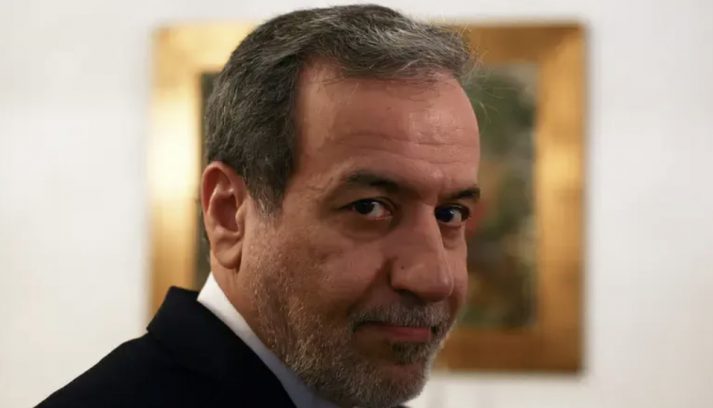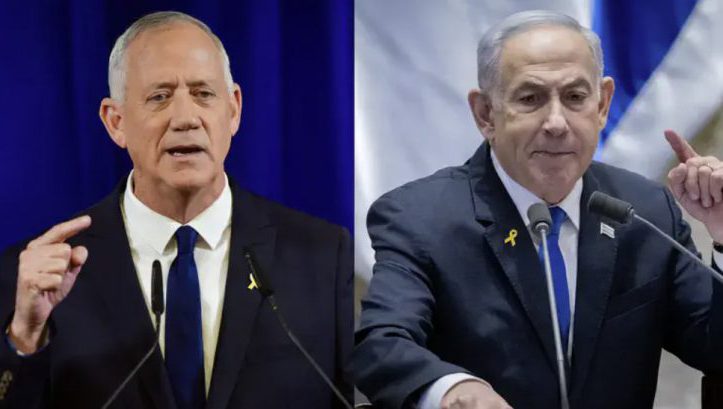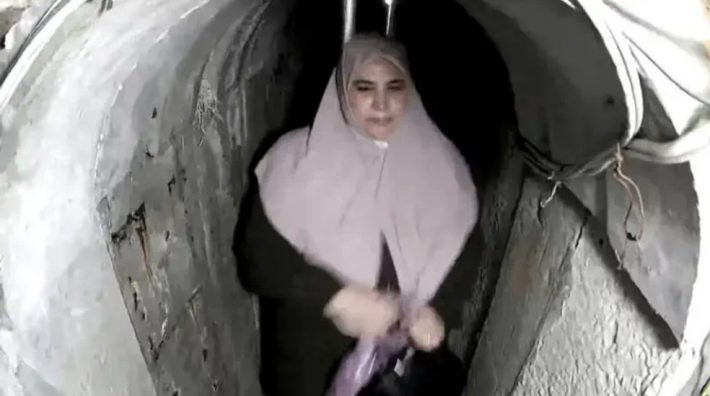A fiery phone call between European and Iranian foreign ministers collapsed with no progress, as Tehran defiantly dismissed nuclear concerns and warned of dangerous escalation.
A tense phone call on Friday between the foreign ministers of Britain, France, and Germany (the E3) and Iranian Foreign Minister Abbas Araghchi ended in stalemate, underscoring the deep rift over Tehran’s nuclear ambitions.
According to a source cited by Axios, the call began on a “confrontational tone” with Araghchi blasting the Europeans over their right to trigger the UN’s “snapback” sanctions. The Iranian diplomat offered no fresh proposals to ease concerns about Iran’s advancing nuclear program, leaving European officials frustrated.
While Araghchi hinted at limited openness to extending the snapback deadline, he stressed that such a move “is for the UN Security Council to decide, not Iran.” Observers saw this as yet another attempt by Tehran to delay while stockpiling enriched uranium.
The Iranian minister also dismissed direct talks with the U.S., insisting Washington “isn’t interested,” while downplaying concerns about Iran’s 60% enriched uranium—dangerously close to weapons-grade levels. Shockingly, he claimed the stockpile was “buried under the rubble without a real way to get it out,” a statement seen as evasive at best.
Araghchi further refused to grant access to UN inspectors, insisting Iran was already “cooperating” with the IAEA. European diplomats left the conversation convinced Tehran was deliberately avoiding any serious engagement.
The deadlock comes just days after the E3 warned in a letter to UN Secretary-General António Guterres that they are prepared to reimpose UN sanctions if Iran does not return to talks before the end of August 2025. Unless one of the nuclear deal’s remaining signatories activates the snapback clause, sanctions tied to Iran’s nuclear activities are set to expire on October 18.
Tehran has repeatedly threatened that any snapback move would provoke severe consequences. In May, Araghchi himself warned of “irreversible escalation,” while last month Deputy Foreign Minister Kazem Gharibabadi threatened Iran could even quit the Nuclear Non-Proliferation Treaty (NPT) if sanctions return.
The failed call highlights Europe’s growing impatience and Iran’s unyielding defiance—an explosive mix that could set the stage for a dramatic showdown in the weeks ahead.A tense phone call on Friday between the foreign ministers of Britain, France, and Germany (the E3) and Iranian Foreign Minister Abbas Araghchi ended in stalemate, underscoring the deep rift over Tehran’s nuclear ambitions.
According to a source cited by Axios, the call began on a “confrontational tone” with Araghchi blasting the Europeans over their right to trigger the UN’s “snapback” sanctions. The Iranian diplomat offered no fresh proposals to ease concerns about Iran’s advancing nuclear program, leaving European officials frustrated.
While Araghchi hinted at limited openness to extending the snapback deadline, he stressed that such a move “is for the UN Security Council to decide, not Iran.” Observers saw this as yet another attempt by Tehran to delay while stockpiling enriched uranium.
The Iranian minister also dismissed direct talks with the U.S., insisting Washington “isn’t interested,” while downplaying concerns about Iran’s 60% enriched uranium—dangerously close to weapons-grade levels. Shockingly, he claimed the stockpile was “buried under the rubble without a real way to get it out,” a statement seen as evasive at best.
Araghchi further refused to grant access to UN inspectors, insisting Iran was already “cooperating” with the IAEA. European diplomats left the conversation convinced Tehran was deliberately avoiding any serious engagement.
The deadlock comes just days after the E3 warned in a letter to UN Secretary-General António Guterres that they are prepared to reimpose UN sanctions if Iran does not return to talks before the end of August 2025. Unless one of the nuclear deal’s remaining signatories activates the snapback clause, sanctions tied to Iran’s nuclear activities are set to expire on October 18.
Tehran has repeatedly threatened that any snapback move would provoke severe consequences. In May, Araghchi himself warned of “irreversible escalation,” while last month Deputy Foreign Minister Kazem Gharibabadi threatened Iran could even quit the Nuclear Non-Proliferation Treaty (NPT) if sanctions return.
The failed call highlights Europe’s growing impatience and Iran’s unyielding defiance—an explosive mix that could set the stage for a dramatic showdown in the weeks ahead.





